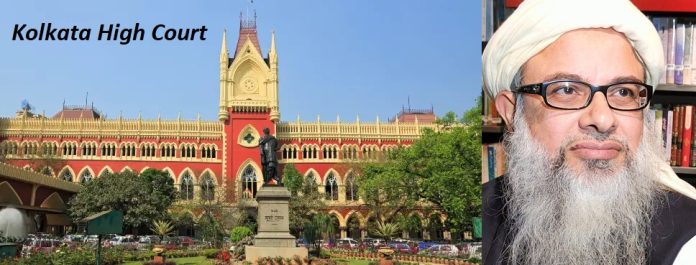New Delhi: The Central Bureau of Investigation (CBI) faced a setback on Friday as the Supreme Court expressed strong displeasure over its claims of bias against West Bengal courts. The CBI had filed a plea to transfer 45 cases involving over 200 accused individuals from West Bengal courts to other jurisdictions. Among these cases were those of 13 Muslims implicated in the post-election violence. Their legal defense, overseen by the legal cell of Jamiat Ulama-i-Hind (JUH), succeeded in securing bail from the Supreme Court on January 4, 2024.
The charges against the 13 accused stemmed from the brutal killing of Haran Adhikari, who was assaulted on the evening of May 2, 2021, reportedly due to political rivalry. Unable to survive the attack, Adhikari succumbed to his injuries. Following the incident, the police charged 17 individuals. While some of these accused had managed to secure anticipatory bail from a district court, their relief was short-lived. On June 25, 2022, the Kolkata High Court, acting on the CBI’s recommendation, invalidated their bail, leaving them without legal protection.
Though the riot originated from a political clash between two rival parties, communal forces exploited the situation, giving it a sectarian twist. This led to a climate of hate in the region, which culminated in the wrongful arrest of several young Muslims from economically disadvantaged backgrounds. In response to pleas from the accused’s families, JUH legal team filed a special petition in the Supreme Court in November 2022. During its first hearing, the Court temporarily protected the accused, ordering that they not be arrested but could be summoned for questioning by the CBI as necessary.
On January 4, 2024, the Supreme Court delivered its final verdict, granting permanent bail to the accused. However, the CBI persisted with its demand to transfer the case outside West Bengal, citing concerns over the impartiality of the state’s courts. The agency went as far as to argue that West Bengal’s judicial system was delivering biased and unjust decisions. This claim drew a sharp response from the Supreme Court bench, consisting of Justices Abhay S Oka and Pankaj Mithal. Addressing the CBI’s Additional Solicitor General, the bench questioned the agency’s sweeping allegations against the West Bengal judiciary. “What kind of argument is this, claiming that all the courts in West Bengal are biased? Such an assertion undermines confidence in the entire judicial system,” the judges remarked, voicing their disapproval.
In the wake of the Supreme Court’s rebuke, JUH President Maulana Mahmood Madani reaffirmed his commitment to pursuing justice for those wrongfully accused during the Kolkata riots. Maulana Madani emphasized the need for a robust and impartial judiciary. “No court has the right to wrongfully condemn innocent people and call it justice,” he stated, adding that true judicial victory will be achieved only when the actual perpetrator of Haran Adhikari’s murder is held accountable.




